Gregory Hii posing for a family photo (front row, second from the right).
(Gregory Hii pictured above at his UC graduation)
A financier, former local politician, forest department officer, philanthropist and collector of antique Chinese ceramics, UC alum Dr Gregory Hii had a humble beginnings.
Born in a rural village in Sarawak, Malaysia, he’d wake up at 3 am to help his parents tap rubber from trees by the light of a kerosene lamp. Then he’d walk to school barefoot with his books in an old biscuit tin.
In his autobiography, he remarked that he always felt out of place amongst his more affluent peers. “[The wealthier neighbour] has everything one can dream of for his birthday, while I have an egg for mine, and that came only after a hard day’s work,” he says.

Coming to the University of Canterbury was the opportunity of a lifetime, and he was determined to succeed because the alternative was unthinkable. For members of the Foochow diaspora like his family, it wasn’t uncommon for other relatives to chip in to send one person to university. In Dr Hii’s case, his father had saved enough to send him to New Zealand. It was the first time he’d ever left Sarawak.
“Feeling extremely homesick is perhaps the most accurate description of my first few weeks in Christchurch,” Dr Hii recalls. He was incredibly close with both his parents.
They both sadly passed away while he was studying. His family kept the news from him to stop him from rushing home, lest grieving interrupted his studies.
He was also surprised that everyone dressed very casually. “I thought, then, that being an institution of higher learning, [UC’s] students were expected to be dressed formally. This was far from the truth as university students in most western countries were casually dressed,” he says.
“In fact, there were few occasions I could make use of [my suit], which had been a big investment. Furthermore, when I needed to wear it for my graduation photograph, it was already a few inches too small.”
His first impression of Christchurch was that it was a quiet but beautiful place, where nothing except dairies, fish and chip shops, and takeaways were open on the weekends and public holidays.
Not that he had much time for leisure, because he worked throughout his studies at an upholstery shop, earning 85c an hour. However, he could always look forward to a large portion of fish and chips for $1.20.
During his second year, he became the Sports Chairman for the Malaysian Students’ Association and organised many sporting activities and tournaments for teams from Christchurch and Dunedin.
He’d always dreamed of becoming a Doctor of Science ever since he was a boy. When he finished his Bachelor’s, he had to make the difficult decision between going back home or going onto postgraduate studies to fulfil his childhood dream.

Gregory Hii at his farewell barbecue in 1976 (second from right).
He chose the latter and became the first overseas Malaysian student to enrol as a PhD candidate in the Department of Chemistry.
“I came to know Greg when he was an honours student,” says his PhD supervisor Professor Emeritus Jim Coxon. They later became good friends. “He was very interested in international politics.”
Dr Hii says he wasn’t confident with his English, which created a barrier for him during his PhD studies, but Professor Coxon helped him overcome it.
He was so grateful that he set up the Dr Gregory Hii Prize in Organic Chemistry to thank the University for accepting him as a PhD candidate and for granting him a teaching fellowship that helped fund his postgraduate studies.
Having risen up through the ranks in the forestry sector in Asia, he switched to finance and local politics. He was always fond of sports. In 2012, he set up the Hii King Leng Sports Scholarship in honour of his father.

Gregory Hii with Professor Emeritus Jim Coxon, who was his PhD supervisor when he was at UC.
A man of many interests, from curing gum disease to investing in the stock market, to the identification of genuine and fraudulent antiques, Dr Hii kept learning even long after graduation.
“Life is made of many rounds,” he says. “You may win some or lose some. To me, each round represents a certain major challenge in life as one makes the transition from childhood to adulthood.
“I won my first major round in education, which took a good part of my first 28 years to achieve. It was quite a battle, and losing it would certainly [have spelled] disaster for me. With the help of many, particularly my parents and friends, I finally got the better of it.”



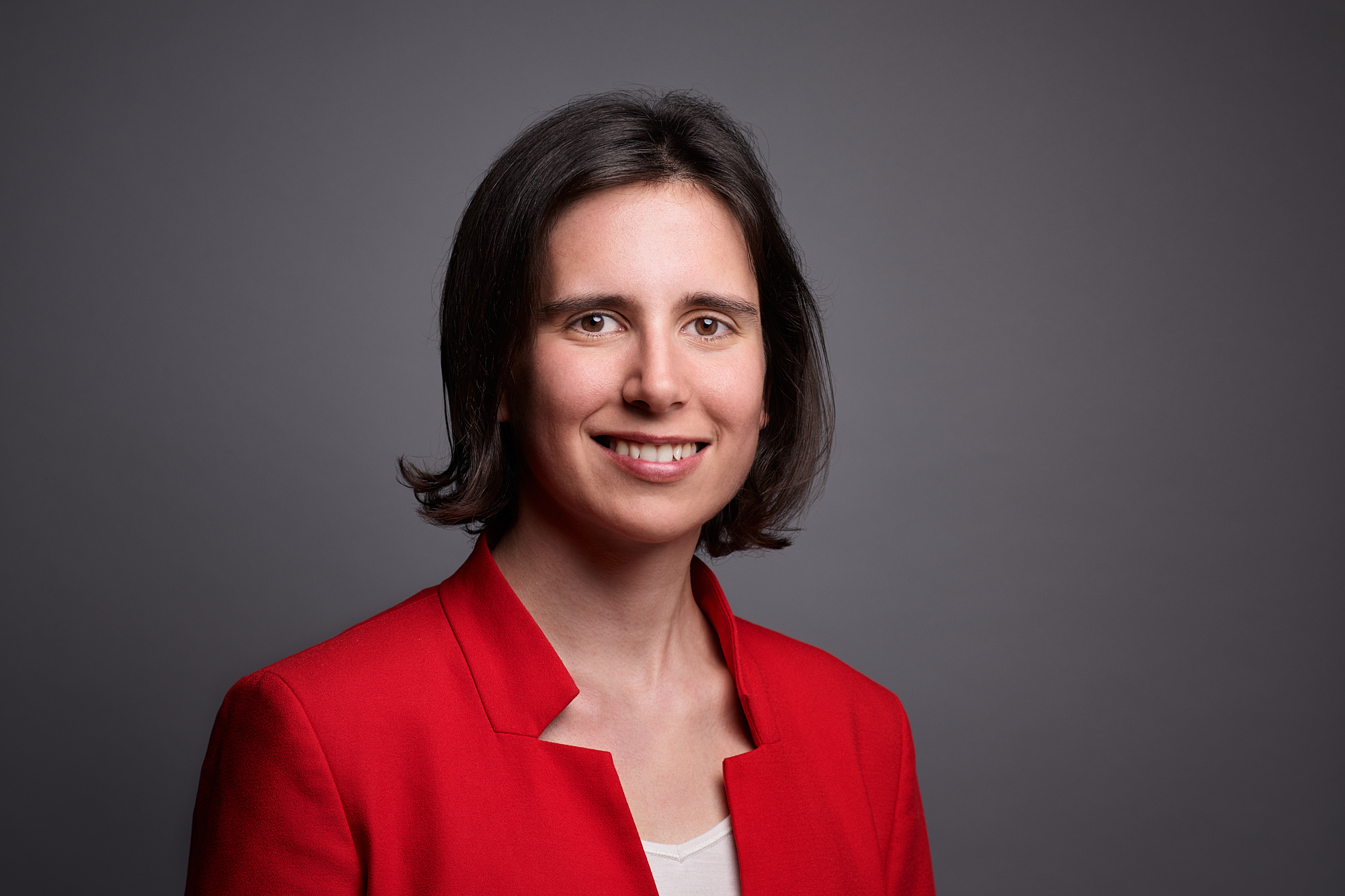
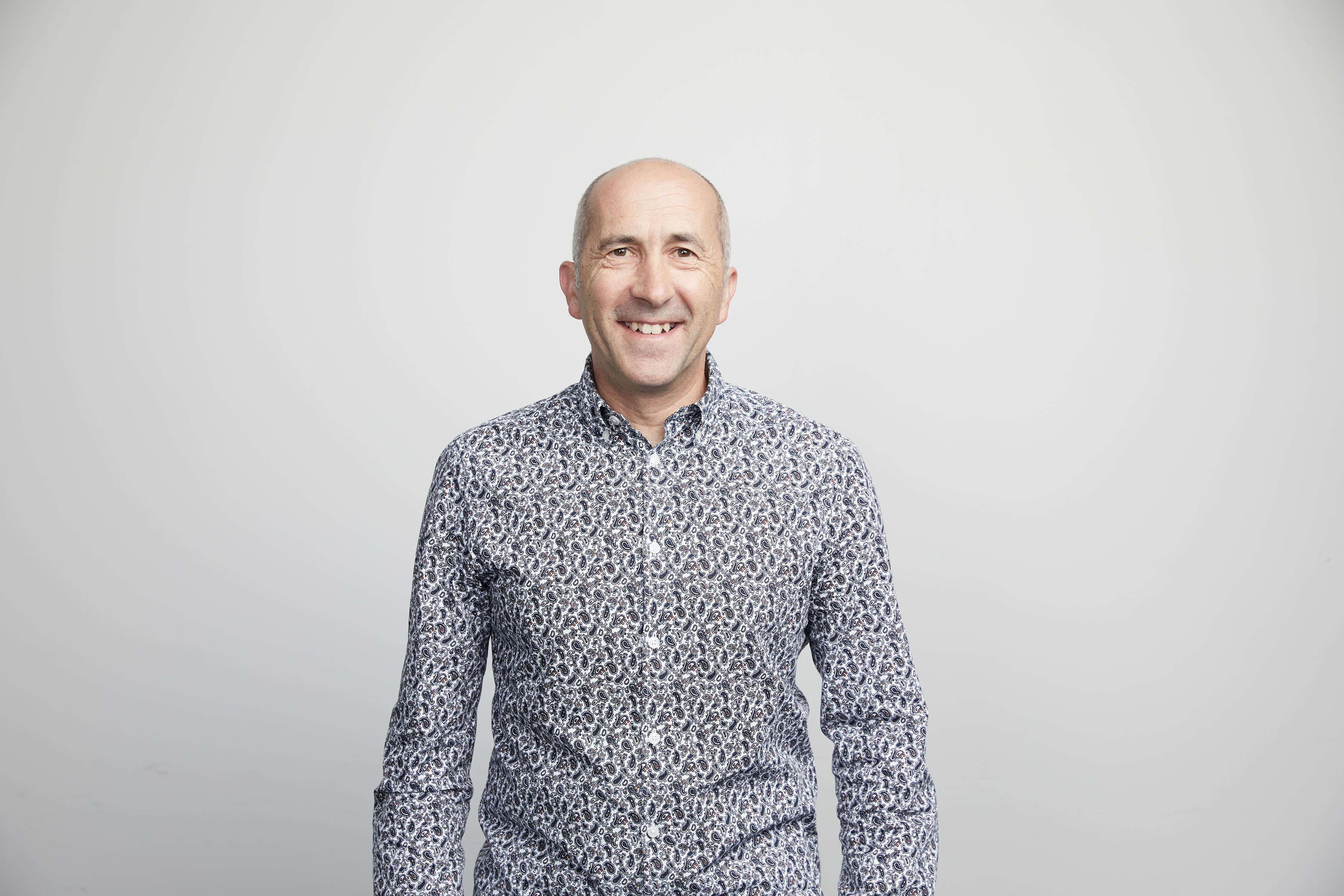
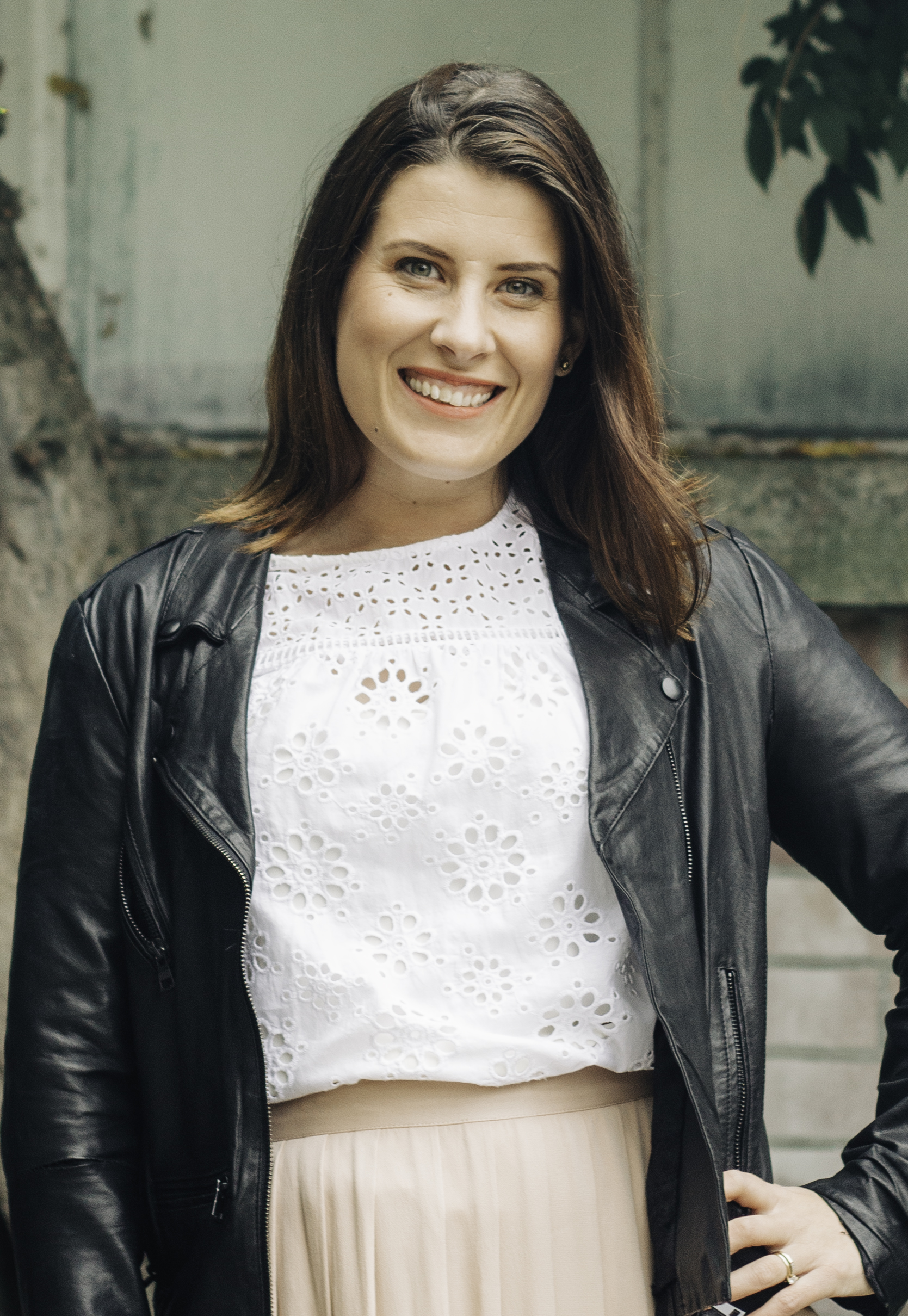
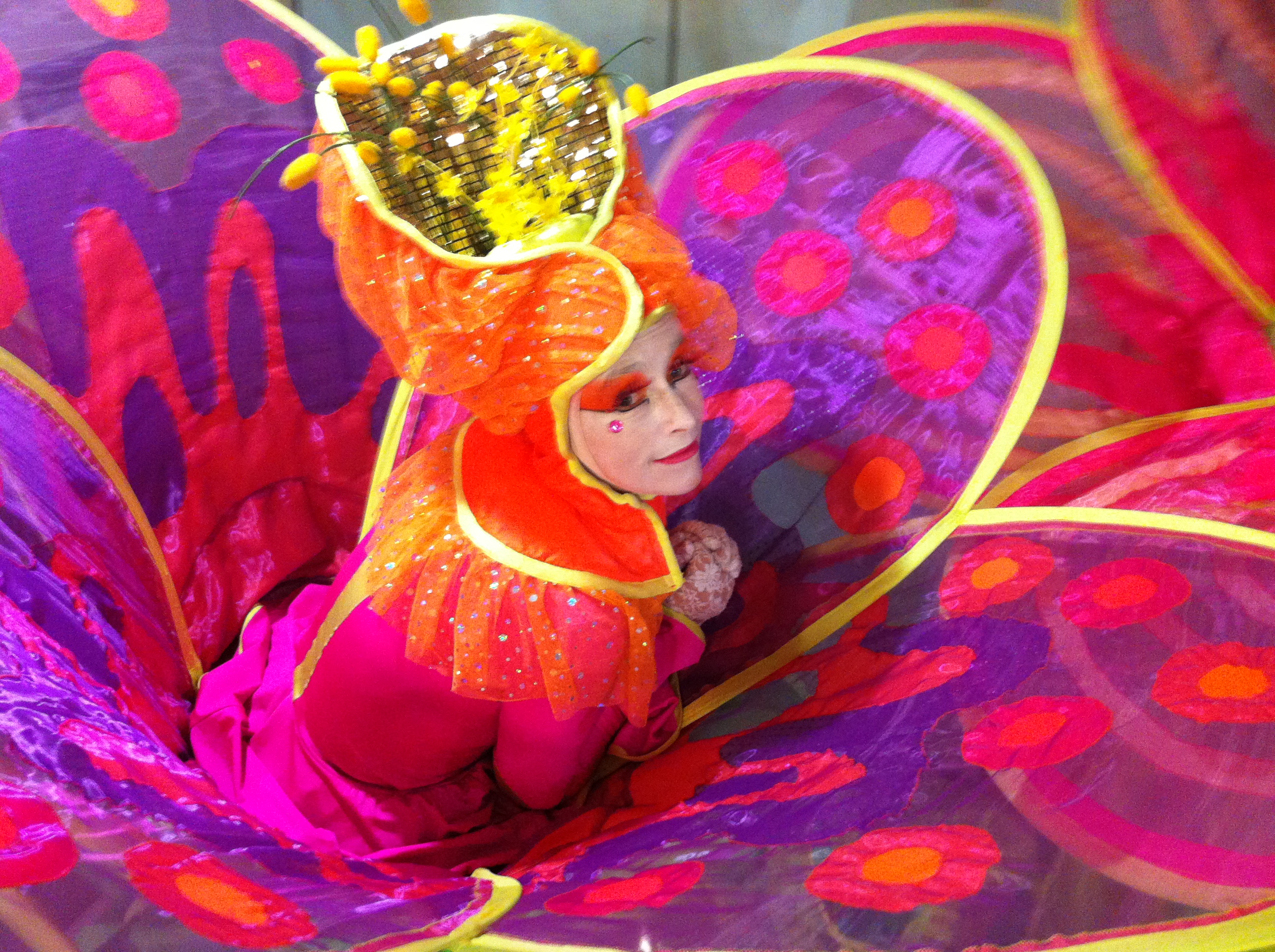
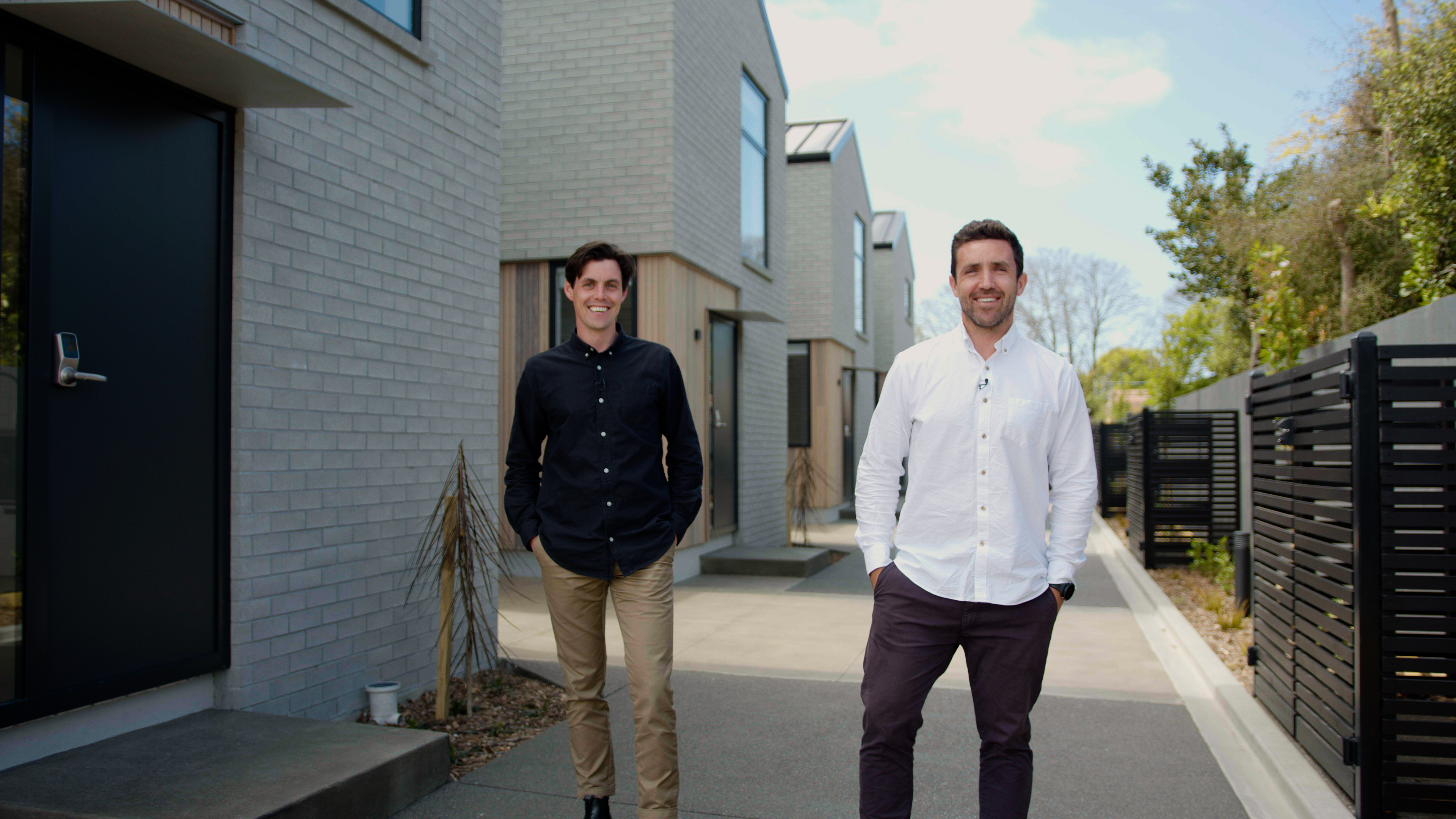
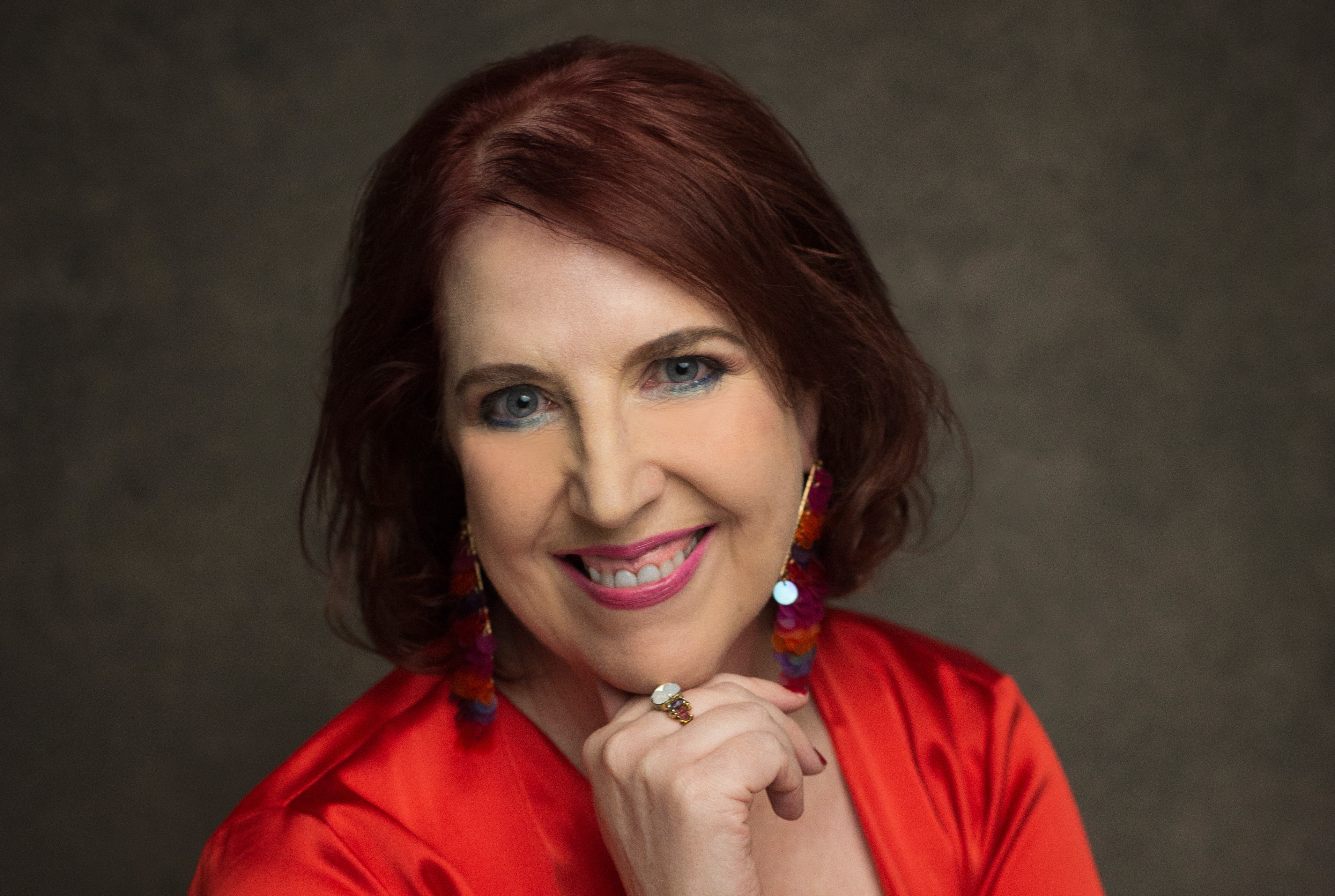

.jpg)